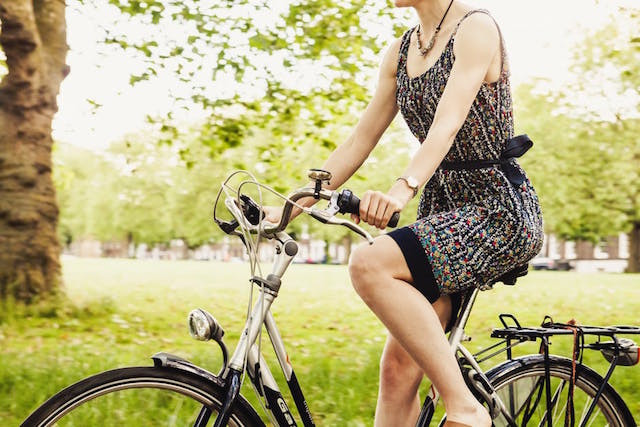The humble bicycle has come a long way since German Baron Karl Drais first tested the running machine or dandy horse, as it was known then, in June 1817.
Little did he know it but his invention, with a front wheel that could be steered by its rider, spawned a revolution in terms of transport, leisure activities and competitive sports.
Today, however, it is not Germany that drives much of the bike industry, but Portugal. According to European statistics body Eurostat, Portugal exported 15% of bikes in 2016, making it the EU’s main exporter, before Italy (14%) and the Netherlands (13%).
When it comes to importing bicycles from the EU, the UK retains this title with 18% in 2016. Nine out of ten bikes (92%) manufactured in the EU are exported within the EU. The remaining 8% went to Switzerland, the US and Russia.
Four out of ten bikes important by EU member states come from outside of the bloc, with a quarter hailing from Taiwan (24%), Cambodia (18%), Bangladesh (11%) and the Philippines (10%). Overall, last year EU member states imported 17 million bikes and exported 11 million.
Cycles and Luxembourg
There is a long-standing cycle tradition in the grand duchy, which boasts four Tour de France winners (in the overall classification): François Faber (1909), Nicolas Frantz (1927 and 1928), Charly Gaul (1958) and Andy Schleck (2010).
Meanwhile, Luxembourg had its own cycle manufacture in Cycles Stewa by Nicolas Steffen from the 1930s to 1950s.
Today, bikes are widely available and can be rented for little cost with schemes such as Veloh: Luxembourg while cyclists can explore 600 kilometres of cycle paths with a further 300 kilometres to follow in future.
And fans of the toughest cycling race The Tour de France will this year be able to watch two stages in Luxembourg from 3-4 July.
